Israel using tourism to legitimize settlement expansion, says EU report
A report by a group of European Union diplomats in the Israeli-occupied Jerusalem al-Quds has exposed that the Tel Aviv regime is using archaeological and tourism sites in order to justify the presence and expansion of settlements in the Palestinian neighborhoods of the holy city.
The report, acquired by the British daily The Guardian, stated that Israeli projects in East Jerusalem al-Quds are being used “as a political tool to modify the historical narrative and to support, legitimize and expand settlements.”
“East Jerusalem (al-Quds) is the only place where Israeli parks are declared on populated neighborhoods,” it pointed out.
The report also presented a bleak picture of the overall situation in Jerusalem al-Quds, warning that the prospects for peace have worsened.
It further pointed to the marginalization of Palestinians, who make up for about 37% of the city’s population, noting that Israeli officials have demolished more than 130 buildings and left 228 people with no place of residence.
“The city has largely ceased to be the Palestinian economic, urban and commercial center it used to be,” the report stated.
Less than a month before US President Donald Trump took office, the United Nations Security Council adopted Resolution 2334, calling on Israel to “immediately and completely cease all settlement activities in the occupied Palestinian territories, including East Jerusalem” al-Quds.
About 600,000 Israelis live in over 230 illegal settlements built since the 1967 Israeli occupation of the Palestinian territories of the West Bank and East Jerusalem al-Quds.

Palestinians want the West Bank as part of a future independent Palestinian state, with East Jerusalem al-Quds as its capital.
The last round of Israeli-Palestinian talks collapsed in 2014. Among the major sticking points in those negotiations was Israel’s continued settlement expansion on Palestinian territories.
Read more:
This as there have been regular anti-US protests by Palestinians in the occupied West Bank and the besieged Gaza Strip since December 6, when Trump declared that Washington recognized Jerusalem al-Quds as the “capital” of Israel and was moving the American embassy from Tel Aviv to the city. Many say Trump's move has effectively killed any chances of further negotiations.
The dramatic shift in Washington’s Jerusalem al-Quds policy drew fierce criticism from the international community, including Washington's Western allies, and triggered protests against the US and Israel worldwide.
The UN General Assembly later voted by a resounding majority to reject Trump's Jerusalem al-Quds move.
Israel lays claim to the whole of Jerusalem al-Quds, but the international community views the ancient city’s eastern sector as occupied land and the Palestinians consider it their future capital.
Syria rejects allegations of withdrawing from northern city
US breaks off ‘strategic partnership’ with Georgia; blasts Tblisi for ‘pro-Russia lean’
World Central Kitchen suspends its Gaza operations after deadly Israeli attack
Iran’s largest gold mine reports increase in proven reserves
VIDEO | Genocide Remembrance Day, Human Rights Day: A stark contradiction in context of Palestine
Iran warns of Israel’s continued violation of Lebanon ceasefire
VIDEO | Sinjil under siege – Israel’s expansion through buffer zones
VIDEO | Press TV's news headlines



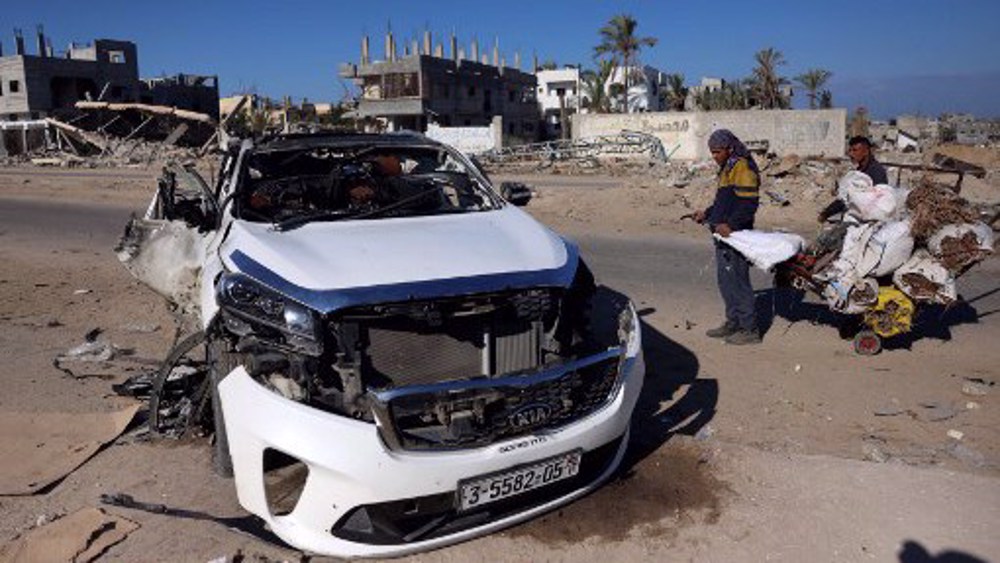
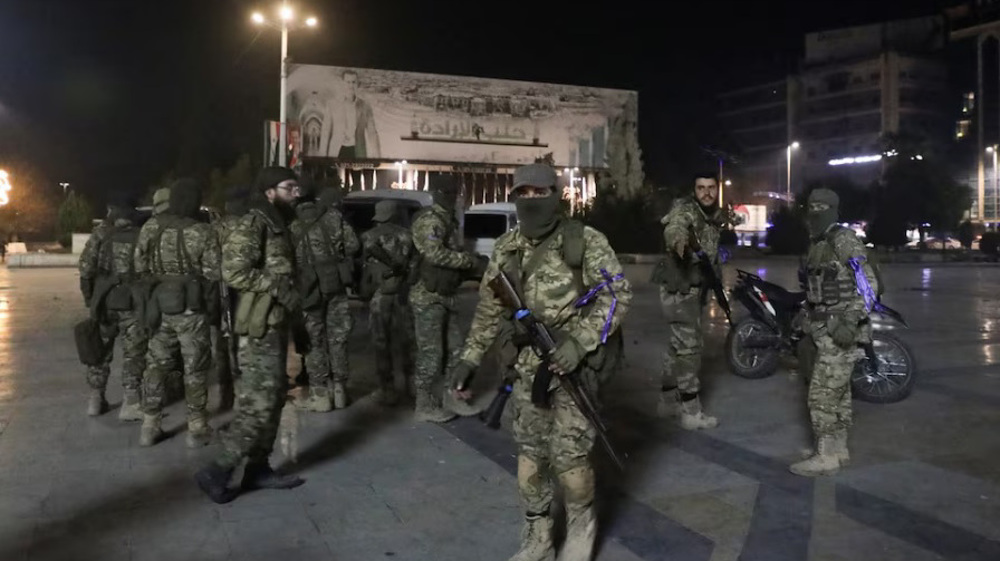
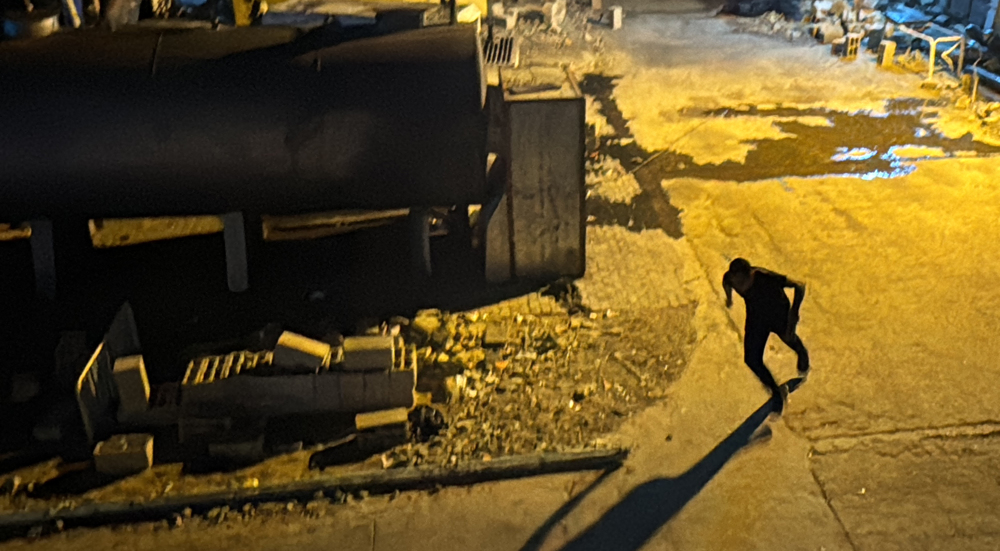




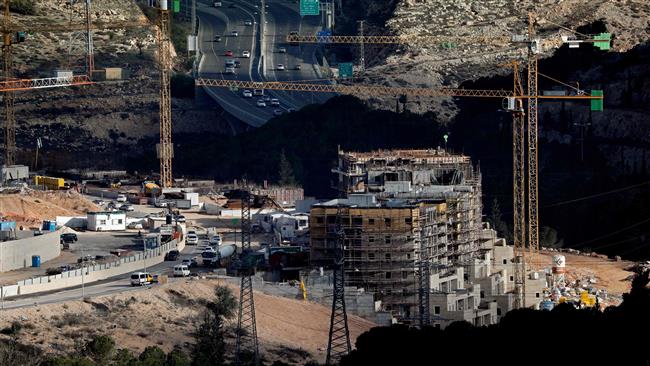

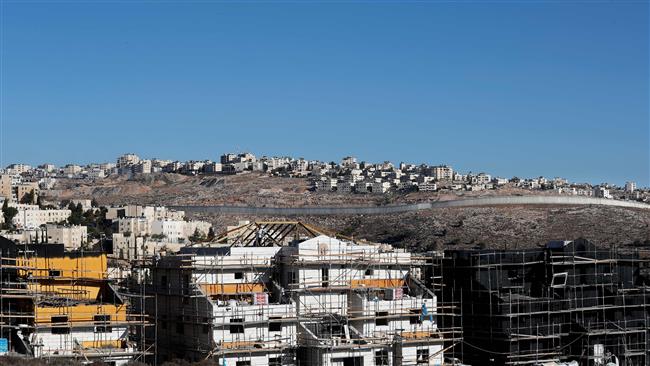
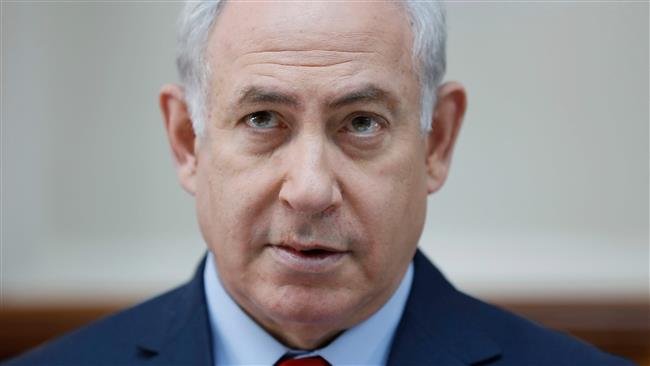
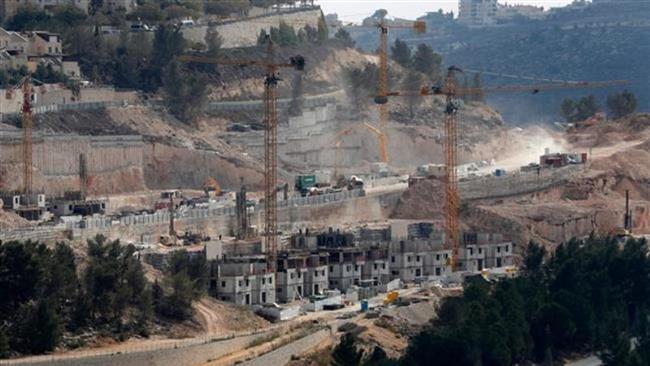
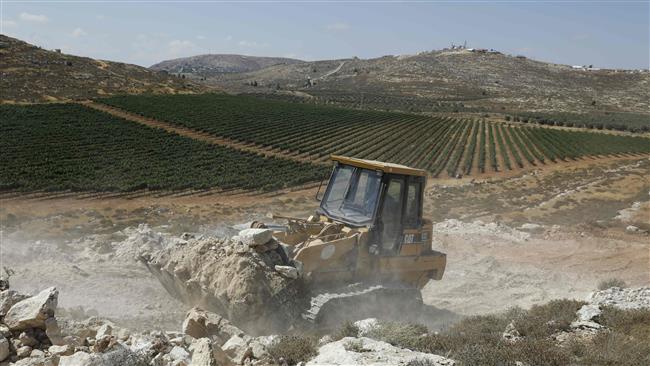

 This makes it easy to access the Press TV website
This makes it easy to access the Press TV website